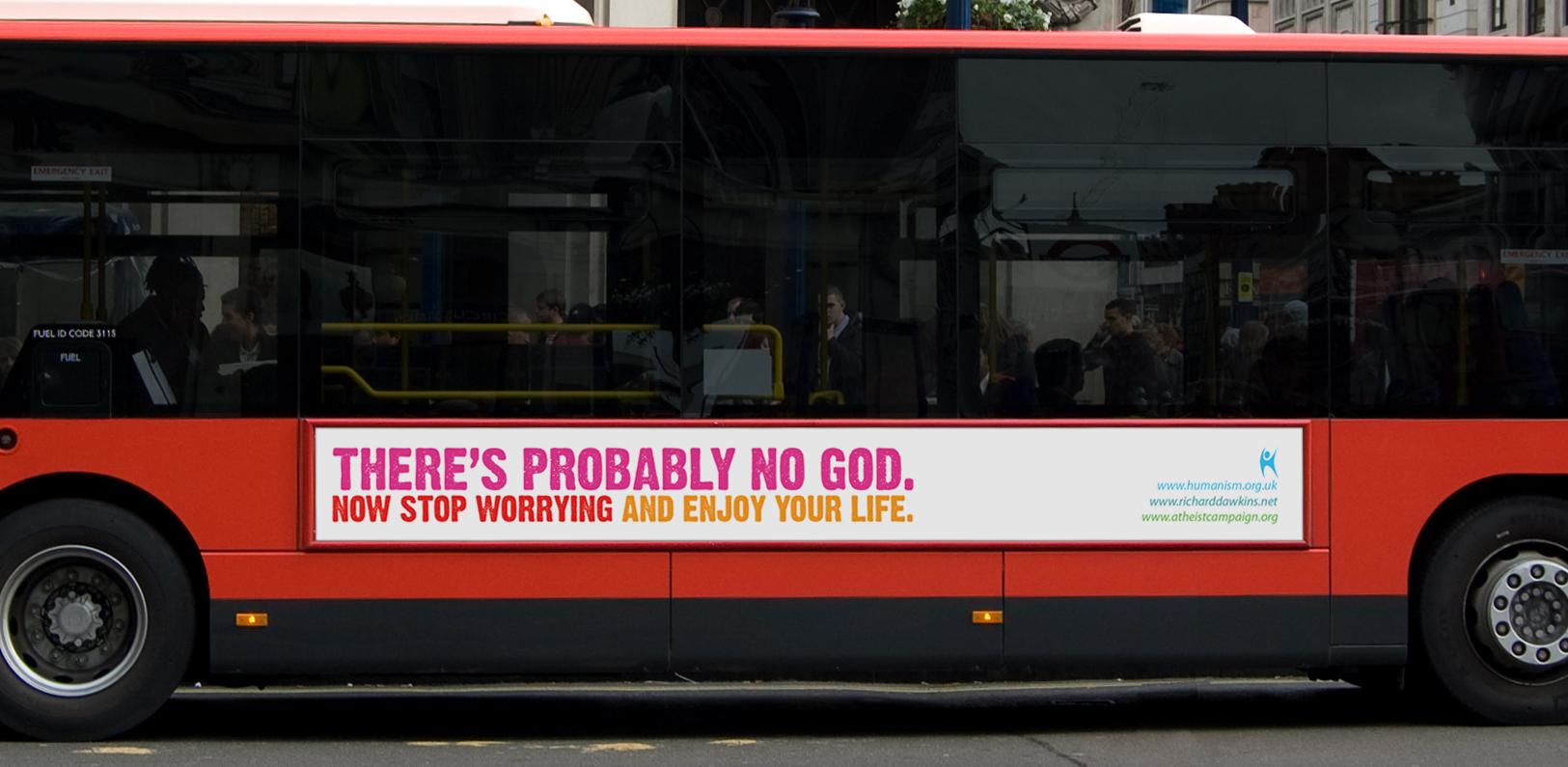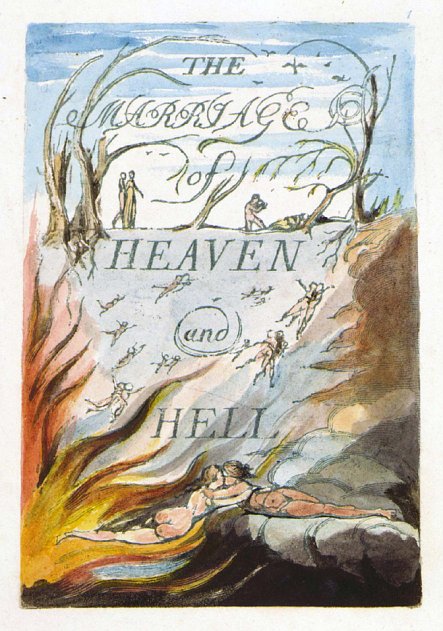Why I'm a Social Conservative
Social conservatism is a by-word for the Bible belt in many peoples' minds, a stagnating remnant in a post-Christian west and a contrarian failure to grapple with a world that constantly demands change. I remember that as a younger man I found social conservatives to be the one group that I had the least commonality with other than SJWs; they were religious while I avoided – and still do avoid -- organized religion. So I naturally enjoyed watching atheists show up theists because I’ve always enjoyed the tumult of debate. Although I eventually found the Christian theists that were dredged up, were almost ironic martyrs in that like sacrificial animals they gave their assent to be lead up to the alter of Reason, present their laughably stupid argument for creationism, and then get slaughtered by Christopher Hitchens or Richard Dawkins, like a bull on the metaphorical altar.
 **Another creationist please
**Another creationist please
Even though I dislike the kinds of bible-thumping theists that Richard Dawkins was often pitted against because of their transparently ignorant and theocratic ways, I also became aware that the new atheists had become evangelical. The 2008 London atheist bus advertisement campaign in particular, sank to a level formerly only dared by the lowliest prostitutes of evangelism.
 **This really isn't necessary, is it?
**This really isn't necessary, is it?
So even though I agreed with their criticism, I became gradually hostile to the new-Atheist worldview. Though I found it difficult to challenge with confidence, except to say that they had sunk to the level of telling other people what to think rather, than allowing people to think for themselves, which I believe should be the proper objective of any politically atheist movement. Still, I grew weary of the debate, since eventually it pitted preference against preference, when all may have their fancy.
Recently however, my perspective changed and a window was opened onto a real philosophical difference between a theist and an atheist, Jordan Peterson and Sam Harris both of whom I respect. I watched Dr. Jordan Peterson’s debate with Sam Harris on the Waking Up podcast, which devolved quickly when both refused the premises of the other. The main sticking point for both was what the definition of truth would be, with Dr. Peterson arguing that a truth is not sufficiently true if knowing it were to cause a human catastrophe such as Armageddon. Harris could not possibly consent to this notion of truth since it flew in the face of everything established since David Hume’s time, and I suppose that for most, it was a very boring two hours as a result. Neither could proceed to an actual argument after such a fundamental disagreement. Though I tended to agree more with Dr. Peterson, the idea that truth is or could be anthropic is hard to swallow for most left-leaning people so I shelved it until I could support the idea more fully, or at least understand why I think I agreed with Peterson’s cautious and conservative attitude towards the truth so strongly. All I knew at the time was that the philosophers of old had themselves thought that all ignorance is harmful and all truth is salubrious, and having read them so much, I saw Peterson as reflecting this.
**Other ancient philosophers had similar views
I then had a long argument about it with my friend @JonTheBemused here on Minds, which culminated in a post that he wrote outlining his position and why he favoured objective truth as presented by Sam Harris, which I can no longer find, although it was well thought out. As a result, I ceased to hold out hope that I could make anyone think differently about the truth and what its definition should be, after all if two leading philosophers couldn't agree about it, I'm fairly certain I couldn't do any better.
[Edit] @JonTheBemused sent me the link to his article.
https://www.minds.com/blog/view/681553374851637264
Then a bit of inspiration came from the masonic pillars of Boaz and Jachin as I was studying some occultism at the time. These pillars were said to have stood on either side of the entrance to Solomon’s temple, and in later traditions such as alchemy and freemasonry represent the duality of outgoing intellect (Jachin) and reactionary emotion (Boaz). As a result, I then began to apply this principle of duality and started to think that it is necessary to have a balance of both impulses within a functioning society. Society must be liberal and conservative, religious and secular, church and state, this is the alchemical marriage of society. If society is too liberal, secular and state oriented it gets overstretched through an innate Faustian drive to explore every avenue, which wreaks havoc when it accidentally fixes what was never broken, and eventually finds everything to be unsatisfactory and destroys it with iconoclasm gone wild. While a society when it becomes too conservative, religious and church oriented, ceases to expand and turns inward, becoming theocratic, domineering, intellectually hollow and ultimately tyrannical.
It then occurred to me that Dr. Peterson and Sam Harris’ argument over the truth was not just a disagreement but also an unsolvable tension. Yet tension is necessary to harness in the creation of a strong building.

This can only benefit a society that values both pillars and the tension produced as they hold up the lintel that is society, instead of venerating one pillar over the other. This extends to, and encompasses the intellectual realm since a well balanced thinker should have the fortitude to cut a path between the metaphorical pillars of Boaz and Jachin by being able to recognize the inherent value of the intellect and reason without becoming a nihilistic and hyper-critical iconoclast, and yet be able to treasure one's spirituality, and see value in it, and chart one’s way through religious emotionalism without having one’s individuality swept away by the attraction of cult and collectivism. As a result, true humanism lies along a narrow path, which is difficult to navigate, and carries great risks for the individual.
 **There is strength in the synthesis of opposites, frontispiece by William Blake
**There is strength in the synthesis of opposites, frontispiece by William Blake
A natural problem as well is that unbalanced ways of thinking can provide simple solutions by themselves that are seriously compelling; yet don’t have the nuance that you would get by accounting for different modes of thinking. For instance a biblical literalist and a hard-line Marxist might think that they are both enlightened by their beliefs but ultimately neither have tried to reach beyond what is known to them in an attempt to update their conception of reality.
This is why I’ve come to think that at least some degree of well thought out social conservatism is deeply important, and that daring liberalism is not always the best approach simply because less orderly systems might create innovation or open up possibilities. It is quite possible that in certain situations order is more valuable than disorder. For mundane examples of this, one need only look at a household, a corporation, or indeed hopefully, on a highway. Even social conservatism needs sound and well thought out arguments that are not based on dogma or long since discarded beleifs, or liberalism itself will be impaired, having lost it's critical alter ego.
Therefore to sum up, my own thoughts on the matter are this: That no matter whether you see truth as being objective, or whether in your own philosophy the consequences of a truth determine its value, your decisions will be moulded by what you believe, and your decisions will determine what you become, thus you will become what you believe. Therefore I advise you to be a conservative, and to hesitate, for as strong as one’s faith in the truth should be, what seems true today may be revealed as a half-truth tomorrow and therein might lie a horrific error.